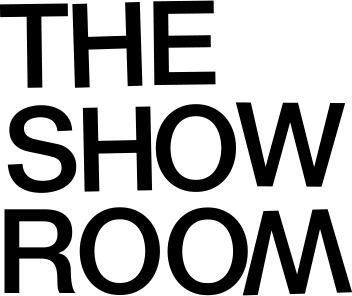Signal:Noise Part II Programme
Friday 20 January, 7-9pm
Aesthetics, Feedback and the Agency of Things
Presentations by Luciana Parisi and Florian Cramer
Moderator: Robert Jackson
Luciana Parisi’s talk on ‘The speculative reason of algorithmic objects’ will discuss how algorithms have become actual objects that prehend external data and in doing so, determine computational spatio-temporality. Algorithms therefore are not simply executors of programs, but are prehensive agencies that evaluate data and create space-time. Algorithms use feedback systems of control to change over time. These prehensive agencies have come to subtend a neoliberal order of aesthetics corresponding to the topological surfaces at the core of digital architecture.
Saturday 21 January, 11-7pm
Participation and Feedback
11.00 Presentation by Suzanne Treister
11.45 Presentation by Axel John Wieder
Responses from Marina Vishmidt and Emily Pethick
13.00 Break
13.30 Reading by Ricardo Basbaum
14.30 A selection of Jef Cornelis' 'Ijsbrekers' introduced by Koen Brams
15.30 Break
16.00 Feedback session with the organisers and speakers
16.45 Break
17.00 Screenings of found footage of RD Laing and Anja Kirschner and David Panos's 'Living truthfully under imaginary circumstances' (2011)
18.00 Performance by Mattin
Dan Graham, Past Future Split Attention (1972) will be presented in the space throughout the event.
Past Future Split Attention documents a performance, at London's Lisson Gallery, that demonstrates Graham's project of psychologically restructuring space and time. Graham writes, 'Two people who know each other are in the same space. While one predicts continuously the other person's behavior, the other person recounts (by memory) the other's past behavior. Both performers are in the present, so knowledge of the past is needed to continuously deduce future behavior (in terms of causal relation). For one to see the other in terms of the present (attention), there is a mirror reflection or closed figure-eight feedback/feedahead loop of past/future. One person's behavior reciprocally reflects/depends upon the other's, so that each one's information is seen as a reflection of the effect that their own just-past behavior has had in reversed tense, as perceived from the other's view of himself.'
Programme times act as a guide, and may be subject to change.



